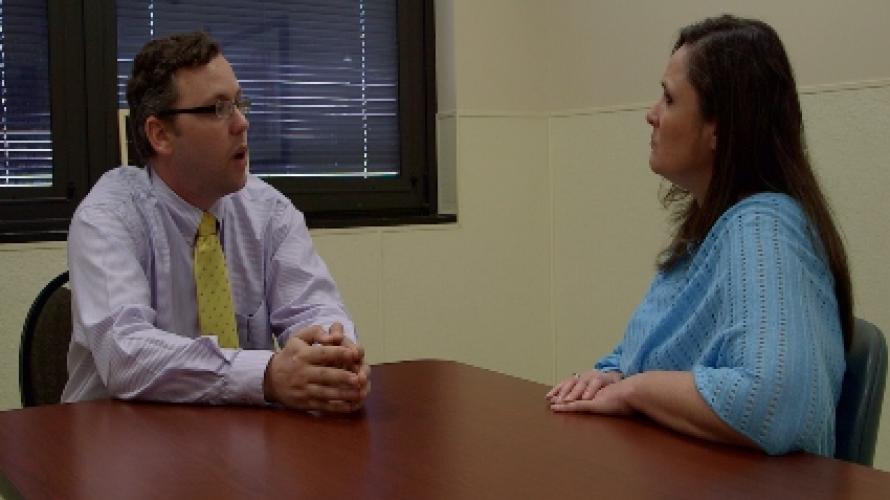
What is the study about?
This study reviewed published literature on the different types of traumatic brain injury (TBI) education provided to adults with TBI and their family members. The aim of this review was to describe and assess the different types of educational interventions and to locate where gaps exist in the literature.
What did the study find?
For mild TBI, the majority of articles focused on patients and caregivers receiving educational information in emergency care settings. For moderate/severe TBI, most articles were focused on family and caregivers and were often combined with other treatment components, making the outcomes of these interventions difficult to determine. More recent publications include group interventions, and there has been a trend toward the use of patient/family input. The main outcome has been to provide patients and caregivers more knowledge about TBI. Out of the 88 studies included in this review, only one used elements of self-management training, which is an intervention that has shown to be effective for other chronic conditions. In general, this review shows that the educational materials and interventions provided to individual with TBI and their caregivers vary greatly in content and delivery. Some studies have shown an increase in self-efficacy and commitment to rehabilitation in those receiving education about TBI and symptoms. The authors suggested that more attention be paid to investigating educational models that include components of self-management training.
Who participated in the study?
Scoping reviews do not require individuals to participate, but instead categorize existing literature in a given subject area with the aim of identifying the breadth of published work in a given field and if there are gaps that need to be met. For this scoping review, 88 articles met its inclusion criteria.
How was the study conducted?
Systematic searches were conducted for peer-reviewed articles published in English about the education of persons with TBI and their caregivers. This scoping review included studies using all research designs, including meta-analyses and literature reviews.
How can people use the results?
Clinicians and researchers can use the results of this scoping review to begin developing more consistent educational content and better approaches to delivery for individuals with TBI and their caregivers. Individuals with TBI and their caregivers can use the results to get a sense of existing educational interventions.
Reference
Hart, T., Driver, S., Sander, A., Pappadis, M., Dams-O’Connor, K., Bocage, C., . . . Cai, X. (2018). Traumatic brain injury education for adult patients and families: A scoping review. Brain Injury, 32(11), 1295-1306. doi:10.1080/02699052.2018.1493226